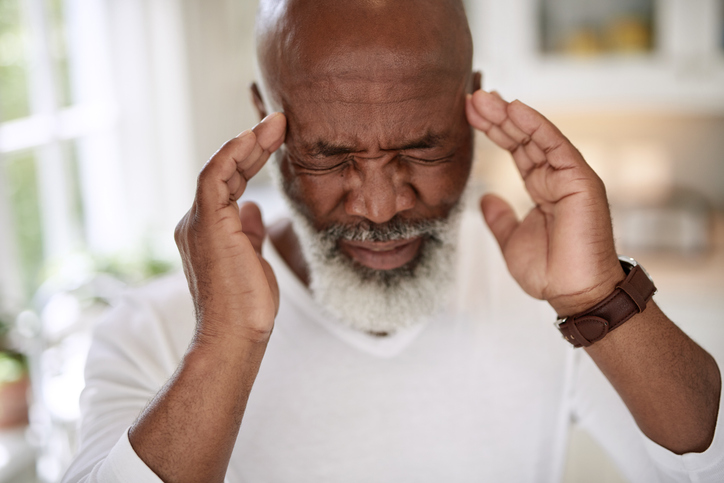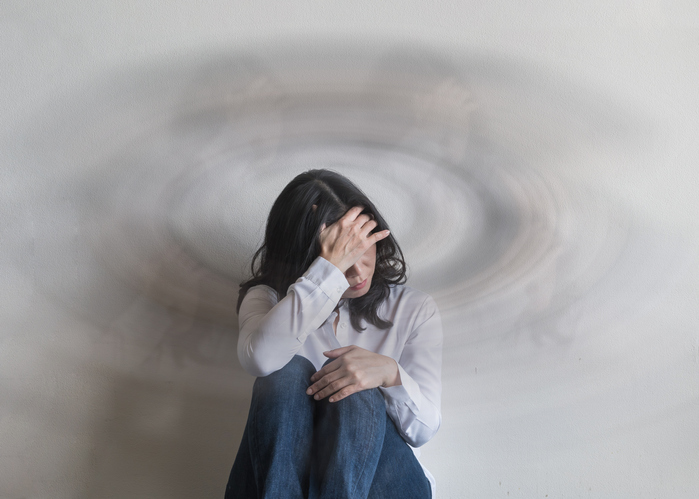Pain
Seek Help for These Migraine Symptoms

70 people found this helpful
Print
Share
Save
What is a migraine?
A migraine is a debilitating type of headache that can last from a few hours to a few days. At the outset of a migraine, overactive nerve cells send impulses to the blood vessels, which triggers the release of certain hormones, such as serotonin, prostaglandins and estrogen. The release of these hormones causes the blood vessels near the nerve endings to swell, resulting in a migraine. Once an individual has experienced a migraine, they tend to recur.
When to see a doctor
- Migraines interfere with everyday activities.
- Migraine symptoms become more severe, change over time, or do not respond to medications or treatments.
- Chronic headache pain worsens after simple physical actions (e.g., sneezing, coughing, straining).
- New headache pain develops after the age of 50.
- Increased dosages of medication(s) are needed for relief.
When to seek emergency medical care
If a headache develops after an injury or trauma or if a migraine is accompanied by any of the following symptoms, emergency medical attention should be sought:
- Sudden, severe head pain
- Fever
- Numbness
- Stiff neck
- Double vision or loss of vision
- Seizures
- Weakness
- Confusion
- Trouble speaking


















